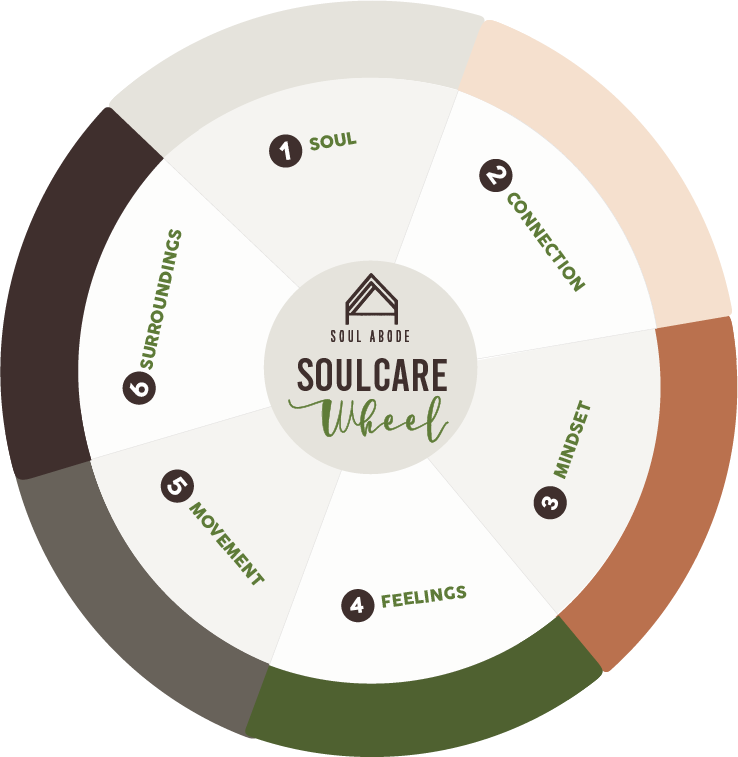The Weathering Effect Of Women of Color

As women age, they experience unique challenges and triumphs. For women of color, the journey of aging can be even more complex. In this article, we will explore the specific issues that women of color face as they navigate the process of getting older.
Weathered by a lifetime of racial discrimination, Black women age earlier and faster. Researchers theorize this accelerated health deterioration is caused by cumulative exposure to race-based stressors in a race-conscious society.
High levels of stress hormones can be toxic for Black women’s bodies, especially if the women are repeatedly pushed into a fight-or-flight state by prejudice, marginalization, institutional bias, and oppression.
The ‘weathering’ hypothesis dates back to 1992 when Arline T. Geronimus, ScD, proposed it after learning that young Black women had better pregnancy outcomes in their late teens than in their mid-twenties. By contrast, she found White women faced the lowest risk of pregnancy complications in their mid-twenties and the highest risk in their teens.
Women of color face unique challenges in society, including the detrimental effects of weathering. Weathering refers to the cumulative impact of systemic racism, discrimination, and socioeconomic factors on the physical and mental health of individuals.
Research has shown that women of color experience higher rates of chronic diseases, such as heart disease, diabetes, and hypertension, compared to their white counterparts. These health disparities can be attributed to various factors, including socioeconomic disadvantages, limited access to quality healthcare, and chronic exposure to stressors.
The Role of Socioeconomic Disadvantages
Socioeconomic disadvantages play a significant role in the weathering experienced by women of color. Limited financial resources can restrict access to healthy food options, safe neighborhoods, and quality education. These factors contribute to higher levels of stress and an increased risk of developing chronic health conditions.
Limited Access to Quality Healthcare
Another factor contributing to the weathering of women of color is the limited access to quality healthcare. Structural barriers, including lack of health insurance, transportation issues, and language barriers, can prevent women of color from receiving timely and appropriate healthcare services. Consequently, many conditions go undiagnosed or untreated, leading to worsened health outcomes.
Chronic Exposure to Stressors
Women of color often face chronic exposure to stressors such as racism, discrimination, and microaggressions. These experiences can lead to chronic stress, which has been linked to negative health outcomes. The constant need to navigate systems of oppression can take a toll on both physical and mental health, contributing to the weathering effect.
Addressing the Weathering Effect
To address the weathering effect on women of color, it is crucial to implement comprehensive strategies that tackle the root causes of health disparities. This includes improving socioeconomic conditions through policies focused on reducing poverty, increasing access to affordable housing, and promoting economic opportunities.
Additionally, healthcare systems must prioritize equity and eliminate barriers to access. This can be done through targeted outreach and education programs, culturally competent care, and the diversification of the healthcare workforce.
Lastly, society as a whole must actively work towards dismantling systemic racism and discrimination. This involves creating inclusive environments, implementing equitable policies, and amplifying the voices of women of color in decision-making processes.
Conclusion
The weathering of women of color is a complex issue caused by systemic racism, discrimination, socioeconomic disadvantages, and chronic exposure to stressors. Addressing this issue requires a multi-faceted approach that focuses on improving socioeconomic conditions, enhancing healthcare access, and dismantling systemic barriers. By prioritizing the health and well-being of women of color, we can work towards creating a more equitable and inclusive society.

Jennifer McDaniel
Jennifer McDaniel is a well being strategist, ICF accredited professional coach. She has 25+ years of experience as a professional speaker, corporate trainer and a learning development leader in the beauty, health and wellness space.
Read MoreRelated Articles

Sign-up for our newsletter
By clicking "sign up," you agree to receive emails from Soul Abode and accept our web terms of use and privacy and cookie policy.





